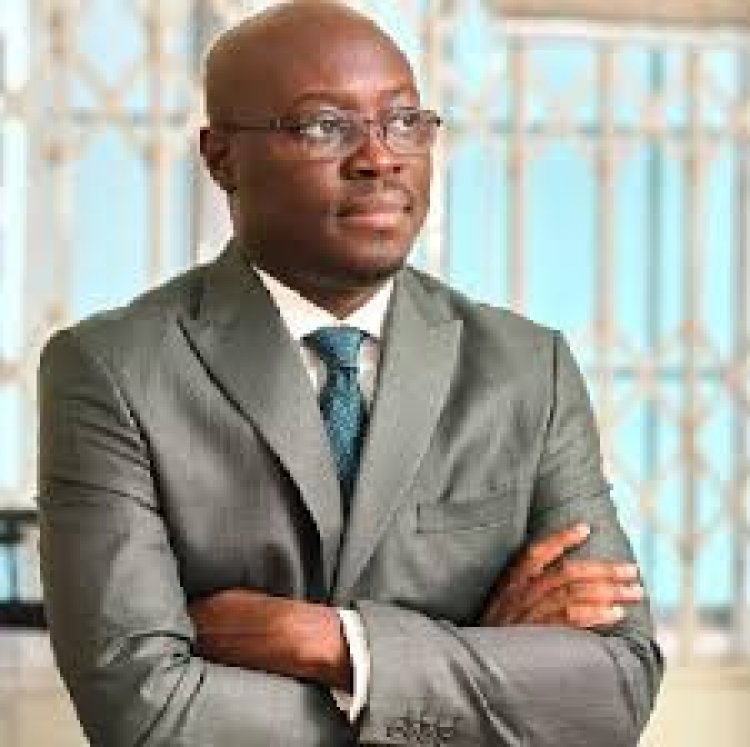The majority leader of Parliament, Dr Cassiel Ato Forson, has stated that considering the historical average profits of about Ghȼ1.5 billion since 2012 and assuming continued retention of profits, it appears that it will take over 20 years for the Bank of Ghana (BOG) to achieve positive equity.
According to the Ghanaian Legislator, Economist, a Chartered Accountant, Tax Professional and an Entrepreneur, this situation hinges on the government's ability to recapitalize the institution, given its current financial challenges.
Dr Forson who doubles as the Member of Parliament (MP) for Ajumako-Enyan-Esiam pointed out that it is important for BOG to review its internal operations to prevent future losses in 2023.
In light of these circumstances, the young astute politician noted that the New Patriotic Party (NPP) government has three potential options to rescue the Central Bank by way of implementing a BoG recapitalization tax on the general population, including the less affluent, to contribute to the rebuilding of the insolvent or bankrupt Bank of Ghana.
He stressed the need for government to
allocate a portion of existing tax revenues gradually over time to recapitalize the Central Bank, which might entail redirecting funds from critical sectors like health and education.
He noted that the government opt to borrow funds from various sources, which would increase the already high public debt, ultimately passing the burden of debt repayment to future generations.
He stressed that it is important to recognize that all three options place a financial burden on the already struggling average Ghanaian population.


 Freeman Koryekpor
Freeman Koryekpor 


































